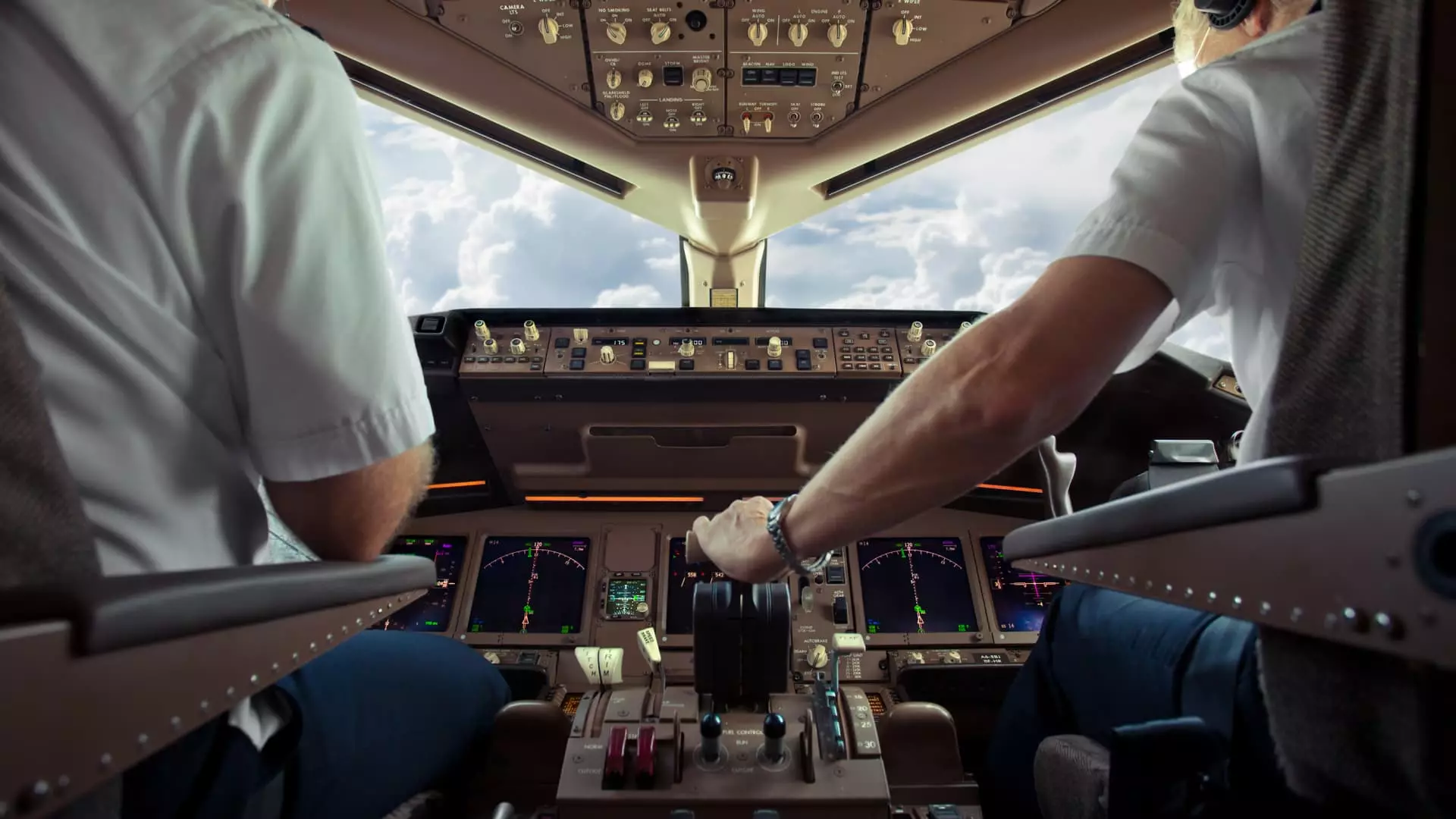The original article discusses how travelers are now considering the type of aircraft they will be flying on as a significant factor when booking flights. It mentions that a survey by Quantum Metric found that 20% of travelers are doing more research on the planes they will be flying on, with 55% changing the way they book flights due to recent news about aircraft and airlines. This shift in consumer behavior can be attributed to the negative media coverage surrounding Boeing’s quality control and safety issues. Consumers are now more concerned about the safety of the aircraft they are flying on, and this is influencing their booking decisions.
The article also highlights that 13% of respondents are avoiding discount carriers in an attempt to feel more secure about flying. However, this decision may not necessarily make sense, as more discount carriers operate Airbus planes than Boeing aircraft, especially in Asia. The safety issues plaguing Boeing affect all airlines regardless of the type of aircraft they operate. Therefore, avoiding discount carriers may not necessarily mitigate the perceived risks associated with flying.
Despite the negative media coverage surrounding aircraft safety, data shows that aviation safety has been improving significantly over the years. The article mentions a study conducted by MIT researchers that found the risk of dying on a commercial flight globally has decreased to 1 per 13.7 million passenger boardings. This improvement can be attributed to technological advances in aviation, extensive training, and the rigorous work of organizations like the Federal Aviation Agency and the National Transportation Safety Board. The study also highlights geographical disparities in flight safety, with Tier 1 and Tier 2 countries having significantly lower fatality risks compared to Tier 3 countries.
The article emphasizes the confidence of experts like Arnold Barnett in the future of commercial aviation. Despite recent incidents like the emergency landing of an Alaska Airlines flight, experts believe that the air safety system is robust enough to avert disasters. While competition among airlines is fierce, the dominance of Boeing and Airbus in aircraft manufacturing makes it challenging for travelers to avoid Boeing-manufactured aircraft. However, platforms like Kayak and Alternative Airlines now allow travelers to filter flights by aircraft, providing them with more control over their choice of aircraft.
The article also highlights the challenges faced by travelers who wish to avoid Boeing aircraft, especially the 737 Max. Some airlines have a significant number of Boeing aircraft in their fleet, making it difficult for travelers to switch airlines. Frequent travelers who are working to build status may find it even harder to avoid Boeing aircraft, as it could require them to switch airlines. Despite travelers’ efforts to avoid Boeing aircraft, there are no guarantees, as evidenced by incidents like the Ethiopian Airlines Flight 302 crash in 2019.
Overall, the analysis of travelers changing preferences for aircraft amid safety concerns reveals a shift in consumer behavior towards prioritizing safety and conducting more research before booking flights. While aviation safety has been improving, recent incidents have heightened travelers’ awareness of aircraft safety issues. As the industry continues to evolve, airlines and aircraft manufacturers will need to address these concerns to rebuild consumer trust and confidence in commercial aviation.

